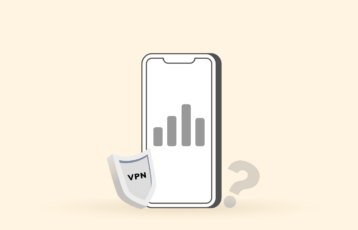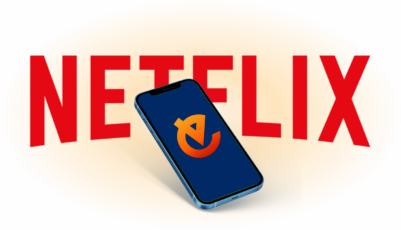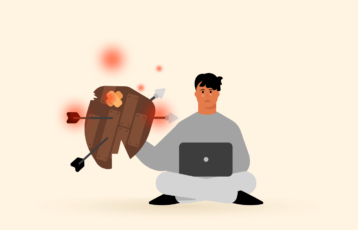According to several reports, most of the time, the victims of cyber-attacks are those users who do not pay much attention to the virtual trail of personal information they leave behind online.
That is why Virtual Private Networks or VPNs were developed. They keep you and your data safe on the internet by ensuring top-notch security. This guide explains what a VPN is, its security, and its legal implications. All in all, find here all the basics of this widely-trusted internet security tool.
Introduction to VPN
As we all know by now, VPN also means Virtual Private Network. During browsing, a computer operating system transfers data packets to servers worldwide. These servers save the user’s online activities, leaving the users’ data and browsing history exposed to government bodies, internet service providers, and even hackers.
A VPN or a virtual private network is an emerging technology (in fact, it’s a very much established one now). It is the surest way to protect your information from snooping parties to avoid all this. A VPN keeps your internet experience and connection as secure and private as possible.
Using a VPN helps in securing your browsing information while browsing online. However, for a first-timer, VPN services appear to be tiresome. However, VPN has a lot of complex procedures in the background. But yes, many VPN providers are trying to make things more comfortable, even for the most computer-illiterate persons.
The legality of VPNs
Presently, there is a lot of misinterpretation surrounding the legality of VPNs. Some quarters say they are illegal, while others argue they are legal.
The truth of the matter is VPN is still a relatively new technology in the world; hence governments are yet to put clear regulations in place to guide this technology. Notably, as it has been the norm, governments tend to put laws on technology much later after their launch.
Many countries in the world permit VPN usage, while others restrict it. For example, Asian countries such as North Korea and China are notoriously known for their discrimination toward VPN usage. Russia and other European nations also do not allow the utilization of technology. But the rest of the world is pretty much okay with VPNs.
How secure is a VPN?
As explained, browsing the internet without any protective measures in place makes you and your data vulnerable online.
Hackers are not the only ones after you; your ISP monitors and records every activity you do over the internet. While many might want to argue the internet is a secret place, nothing can be this much misleading.
Without a VPN, it is impossible to hide behind your computer or device. Everything you do over the internet can link back to you using your IP address. The IP address is a unique combination of numbers assigned to every device on the internet.
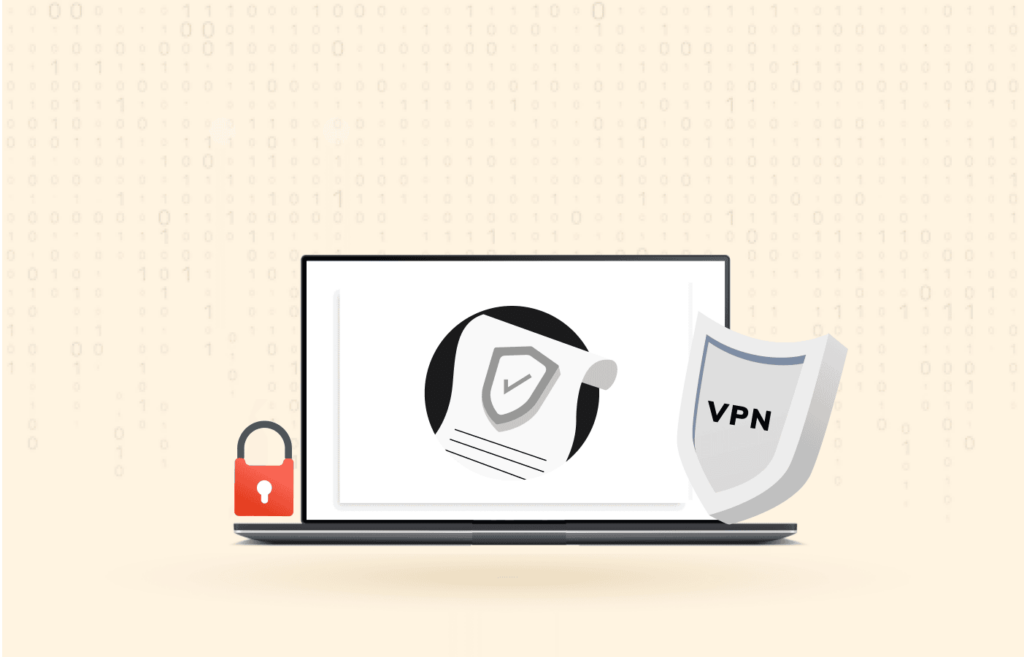
The job of a VPN is to secure all your IP addresses by acting as the intermediary. In addition, a VPN encrypts your data even before you connect to an internet connection. Hence, it prevents other third parties from knowing what you are doing.
After encrypting your data, your connection goes to a VPN server that further encrypts your data. After passing the secure VPN server tunnel, your computer receives a brand new IP address linked to the service provider.
Once your data packets leave the VPN servers, they reach the anticipated webpage or website, similar to any other form of web traffic.
Those procedures make it harder for third parties to gather your information as the entire process works both ways, sending and receiving. So anything you download or view goes through the same encryption process.
All in all, using a VPN for browsing is a very secure way of surfing the internet. Thanks to VPN encryption, even if someone can access and view your data, they can’t read it.
Encrypting your data
Encryption or scrambling is a security method to encode information. After encryption, the information is unreadable for everyone who views it except the user with the correct decryption key. Upon encryption, your browsing data look like random strings of numbers, enabling you to have a secure connection.
Contrary to popular belief, the encryption process is relatively simple; a secret key converts your ordinary raw browsing data in a way only accessible by yourself. As a result, no other individual or party can make sense of the scrambled data, keeping it safe as you surf the internet.
There are several different secure encryption protocols in the world today, with the AES 256-bit encryption being the best. Banks, financial institutions, and government institutions use the AES 256-bit encryption method in their operations.
VPN protocols
VPN providers have multiple security protocols to protect your browsing information as it passes through the individual VPN server.
These VPN protocols define how the VPN handles data transmission over the VPN server. Some security protocols are better than others, offering several protocols for users to select. Some of the well-known VPN protocols include:
OpenVPN
As an open-source encryption protocol, OpenVPN is known industry-wide as today’s most reliable and secure VPN protocol.
Thanks to its encryption usage, most high-end VPN service providers prefer this extremely safe security protocol. In OpenVPN, only the sender and the receiver of a connection have the key to the encryption code.
One of the main advantages of the OpenVPN protocol is that it undergoes continuous upgrades. OpenVPN is based on the SSL and TSL security protocol and is wholly open-sourced (as its name suggests).
SSTP
Also known as Secured Socket Tunnel Protocol, Microsoft developed the SSTP protocol available on Windows devices.
The SSTP shares many security similarities with OpenVPN in that only two parties of the connection can unencrypt the data. Therefore, like OpenVPN, SSTP is a very secure option.
PPTP
Point-to-Point Tunnel Protocol (PPTP) is one of the oldest VPN protocols. Microsoft developed PPTP to cater to the needs of new dial-up connections. As a result, it is known as the fastest VPN protocol. But it also enlists among the least secure protocols available today due to its weak encryption.
L2TP/IPsec
The L2TP/IPsec protocol is a security protocol that does not offer any encryption. The IPsec and Layer 2 Tunneling Protocol or L2TP protocol, the L2TP/IPsec protocol is relatively easy to implement as a combination of two separate protocols.
The L2TP/IPsec protocol uses keys to encrypt and unencrypt data on the receiver and sender ends. While this might appear similar to how OpenVPN operates, the way L2TP/IPsec performs its operations is very different.
L2TP/IPsec is not as secure as other options. This is because many government agencies and large corporations presumably have already developed ways to bypass this protocol. But, despite its low security, many VPN service providers use the L2TP/IPsec protocol in their operations mainly because it already comes inbuilt into many mobile devices.
IKEv2
The IKE2, or the Internet Key Exchange version 2 security protocol, is one of the latest Microsoft protocols. It combines many previous security technologies from Microsoft, making it an excellent option for VPNs.
TLS and SSL
The SSL or Secured Socket Layer is the original protocol that secures websites on the internet. You might have heard of the term somewhere on your browser when connecting to an HTTPS webpage or website.
TLS, or Transport Layer Security, is the upgraded version of SSL. It provides better service in providing a secure connection.
Free or paid VPN?
Free VPN services are available over the internet and can assist in encrypting traffic. But, of course, the old age adage, “you get what you pay for,” applies to VPNs.
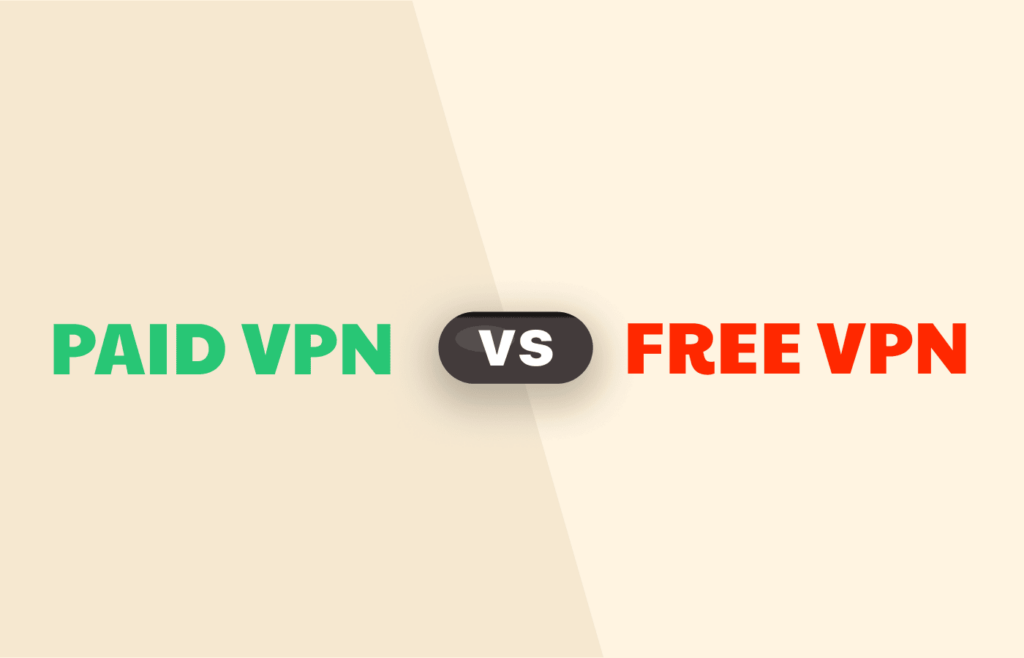
Free VPNs usually have less bandwidth and higher latency than their paid counterparts. In other words, a free VPN is noticeably slower than a paid one. Many free VPNs also use older and less secure security protocols, leaving their users vulnerable to attacks.
The average cost of a quality paid VPN is approximately $5 a month. You should only settle for a paid VPN if you can afford it. One provider that we can recommend here is ExpressVPN.
If you only need a VPN, a limited free version of a VPN might do the trick for you.
But you should settle only for a paid VPN if you are super-conscious about your internet security and don’t like compromised connection speeds.
Torrenting, watching Youtube and Netflix while using a VPN
You can use a VPN for torrenting, watching streaming services like Netflix and YouTube, and on Smart TV and Kodi.
Using a VPN on a mobile device?
It is possible to use a VPN on your smartphone. And we recommend that you do so, especially when connecting to the internet using public WiFi while working or traveling. Notably, devices that frequently connect to public WiFi hotspots are usually at high risk of being compromised.
Using VPN on a local network
As using a VPN might not interfere with other computers and devices on a local network, using a VPN might interfere with your ability to interact with other computers on the network. This varies from one VPN provider to another provider.
Kill Switch and how it prevents IP leaks
A kill switch is a feature that automatically kills your internet access following the disconnection of the secure encrypted connection. The kill switch will block all browsing activities until the safe connection returns.
Some VPN service providers have an inbuilt kill switch in their services to keep user information protected.
IP leak is when the VPN fails to hide the user’s IP address as they browse the internet.
What is the best VPN to get?
Some popular VPNs known for their strong security, fast speeds, and user-friendliness include ExpressVPN, Private Internet Access, NordVPN, and Surfshark. However, there are many other VPNs to choose from, so it’s imperative to do your research and choose one that best fits your needs.
That’s because different VPN providers have a range of various features, and the needs of each user vary, too. So, no option fits everyone.
For example, on the one hand, one would only want to enjoy streaming services such as US Netflix or Amazon Prime. But on the other side, one may want to avoid government spying or hide political activities from the authorities.
Also, some people only wish for an easy-to-use VPN program to protect their privacy easily whenever they go online. So, whether you’re a computer genius or an average internet user, you always need a quality, user-friendly VPN service.
We believe no one should spend extra time figuring out complex settings when they spend money on a service.
Another thing worth noting is that some VPN providers keep logs (a record of outgoing and incoming connections). That might be a concern for users worried about the authorities.
So, you must research (and think) properly before labeling any VPN service as the ‘best’ for you.
Considering everything that matters concerning the best VPN selection, PrivacySavvy finds ExpressVPN an excellent option as a whole.
Because of its top all-around features, NordVPN fits the needs of a wide range of users. It’s easy to set up and use. Plus, it does not affect connection speed, supports all devices, and offers secure protocols. Most importantly, it doesn’t monitor user activity or keep traffic logs. Head to our best VPN page to save the time required at your hand for additional research and tests.
FAQs
No. Unless it’s a rogue one, a VPN never steals your password. Instead, an encrypted VPN set up correctly will protect you from your ISP and other online snoopers.
VPN encryption prevents your private information from leaking, even when connected to a public WiFi hotspot. In addition, when using VPNs for internet banking, a VPN creates an encrypted connection between the bank’s established server and the user. Thus, it becomes safer to transmit confidential details. So yes, given that you’ve got a quality VPN provider that’s fully encrypted, you’ll be safe while using a VPN for online banking.
A VPN encrypts users’ traffic from their device to the VPN network’s exit point. But it won’t likely safeguard you from advertisers and other third parties all the time. Instead, authorities can trace users via specialized methods; admittedly, VPNs may sometimes leak your IP addresses. So, people can locate you online (especially authorities, if they want it badly) even when using a VPN.
The short answer is no. It is not necessary to keep your VPN connected all the time. In fact, in a few cases, it’s beneficial to switch your VPN off. For example, when logging into your PayPal, you should keep your VPN disconnected to have a smooth experience while sending or checking payments. But if you value web privacy, you should have your VPN connected throughout your stay online.
VPNs use encryption to protect the data that gets transferred through the server. And, to make data readable only to the VPN server and your computer, encryption scrambles it. That whole process increases your internet data consumption on your device. So yes, when using the internet, your data usage spikes by a small percentage. That’s going to be around 5 to 15% only, though.
Although, a VPN can slow your internet speed (about 10 to 20%). But, it won’t likely make your phone, computer, or other devices notably slow.
